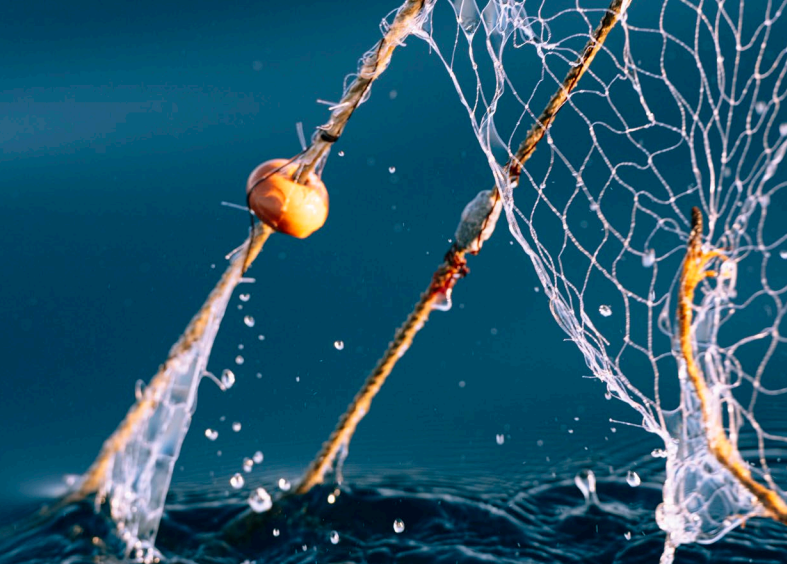In December 2019, CAOPA and its partners denounced the forced eviction of an artisanal fishing community from the landing and processing site of Kouléwondy, in the commune of Kaloum in Conakry.
The reason: the lease of the land by the Guinean government to the Mangalis hotel group for the construction of a hotel in 2016. This 60-year lease was signed without consultation with the Ministry of Fisheries or the affected community, which has used the site for over a century.
In February 2020, in a letter, the Minister of Fisheries informed CAOPA and CFFA of his willingness to accompany the community of 800 fishermen, women fishmongers and fish processors to find an alternative site. It undertook to do so "in accordance with Guinea's international obligations, taking into account the constraints of available means and space" so that the community could "continue to carry out [its] activities in the best possible conditions".
One year later, and after a stormy electoral process that resulted in the reappointment of the outgoing president, what has become of the Kouléwondy community?
According to the community itself, since the Minister's letter, no action has been taken. It had previously been suggested that the 300 women processors move to the Téminétaye site, which already accommodates 350 women and where there is not enough space. No solution has been put forward for the fishermen either. "Three environmentalists from Europe once visited the fishing communities. But there was no change," laments a local community member. The government had also promised to expand this alternative space not far from the former landing site to accommodate the evicted. However, nothing has been done.
The old site, meanwhile, continues to be bustling with activity during the day, with fish being landed. Following protests by the communities, international support for their cause, and a lack of coordination between ministries, which has led to a blockage at government level, it would appear that the hotel has for the time being dropped its intentions to use or build on the part of the land where the Kouléwondy site was located. The women and fishermen have decided to stay and continue to spend the night in the open air between the rubble left by the bulldozers. "The empty space is gradually becoming a rubbish dump," says the same source.
The fishermen and women processors therefore continue to carry out their activities in precarious sanitary conditions, with the latent threat of being pushed back to nowhere one of these days. As discussions are underway on the European side to consider resuming dialogue with Guinea, with a view to possible negotiations for a Sustainable Fisheries Partnership Agreement (SFPA), it is essential that the needs of Guinean artisanal fishing communities, such as that of Kouléwondy, are taken into consideration, including the guarantee of safe and decent working conditions.












When harmonising regional closed seasons in SRFC and FCWC regions, CFFA calls for considering social and environmental perspectives and ensuring the participation of affected communities.